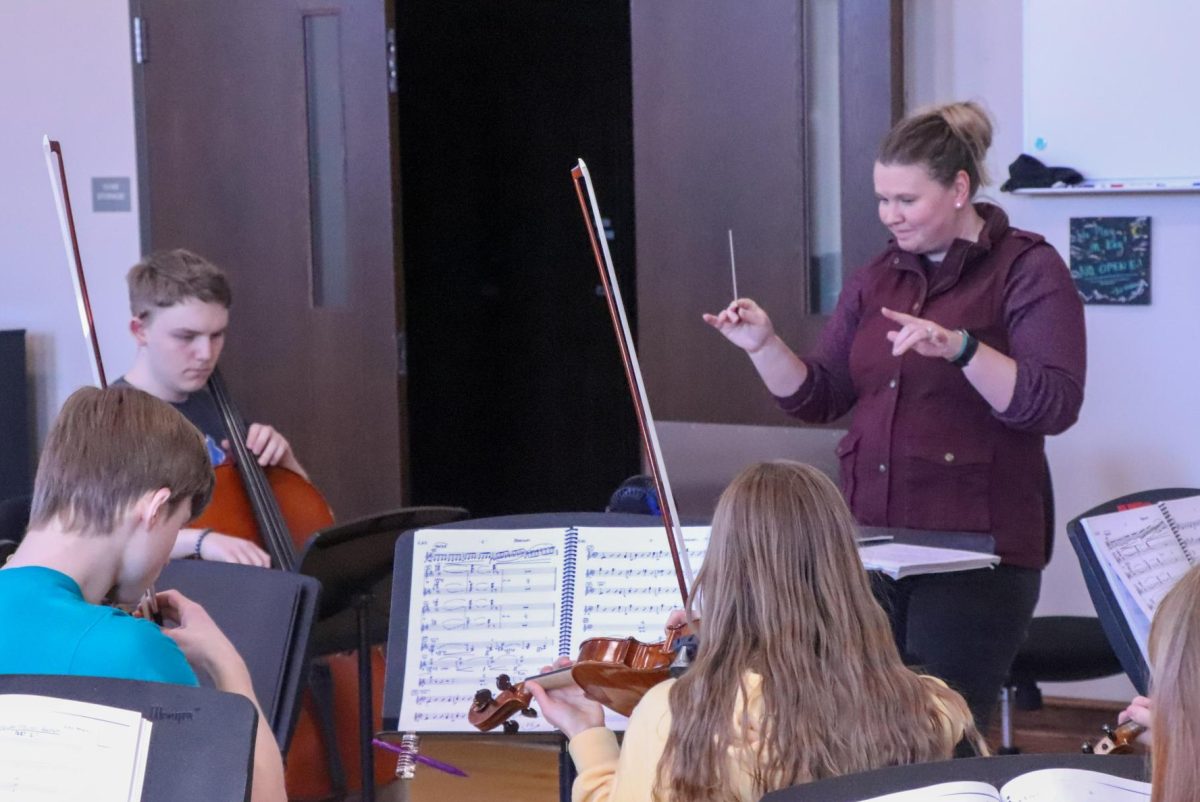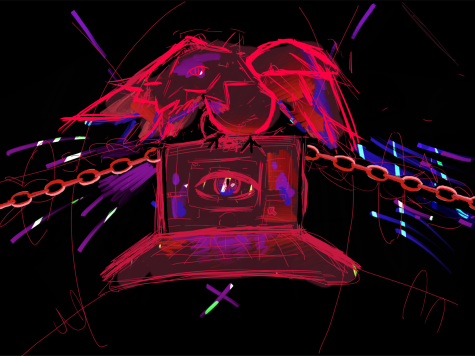Music’s New Normal
Cody Owen
December 22, 2013
The feedback of the amps dies slowly. The crowd is silent for several long seconds, standing still in the cold mud and damp from the icy New York drizzle. As the performers file off the stage, the crowd erupts in applause and slowly dies away. Woodstock is over. 40 years later, the hippies are old history, along with all the other groups and movements that have come and gone. So, with the crusades of music culture over, what have we been left with?
The demand for more music and the increasingly shortening attention span of today’s music-listeners has pushed modern artists to focus more on quantity rather than quality when producing their music, meaning that the priority is no longer to write with the intention to provoke thought, but to create a multitude of shallow, catchy radio hits. And why shouldn’t they? They aren’t obligated to push some issue or be a part of anything larger than themselves.
This lack of purpose has definitely affected the complexity of popular modern music. Instead of movements and ideas, the closest thing we have today are fads and acronyms, which never last more than a few weeks. Sadly enough, these fads are the key to fame in today’s music world (Just look at South Korean artist Psy’s fifteen minutes of fame with Gaganam Style).
Not to say that today’s times are without intelligent or thoughtful music or musicians, but these people exist largely out of the limelight with smaller, devoted followings within the wide umbrella of Indie music. These artists hold a wide appeal to many music listeners who have become disenchanted with the simplicity and shallowness of modern music, which has given rise to a large increase in a plague of the American music industry for decades: materialism.
Materialism is rampant among musicians and artists. It’s understandable considering the increasingly massive amounts of money running through the music business every year, rap artist Kanye West has an estimated net-worth of over $100-million. This may not be a completely new occurrence, there has always been money in entertainment, but now there is more than there ever has been. To a new and promising musician, this opportunity for such vast wealth is enticement enough to take their music in the direction of modern pop, rather than staying true to what originally made them special.
The end result of this new mentality among popular musicians is that what made music so special in previous generation is gone: popular music is no longer the medium of expression for this generation. It instead has become an amalgamation of one-hit wonders and careers peaking in their respective fifteen minutes of fame, filled with music hastily written and containing no desire to invoke or fulfill inquisitivity or intelligence, but promotes impulsiveness and materialism




















































